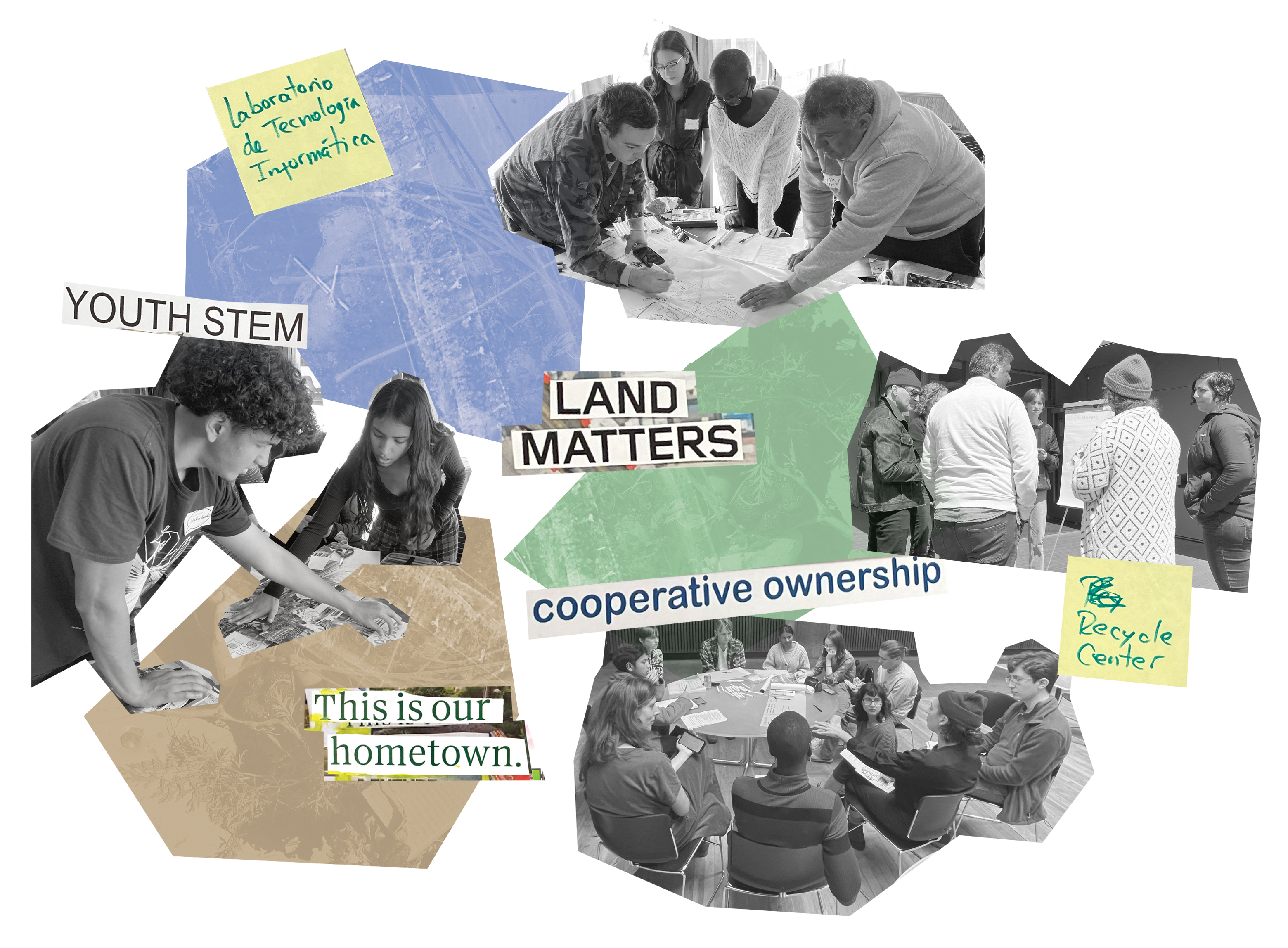About JC3 Events
The Just Circular Communities Collaborative (JC3) hosts, co-hosts, and participates in events that bring community members, researchers, and practitioners together to share knowledge, celebrate progress, and imagine regenerative futures by supporting the advancement of community-led initiatives and projects. Our events range from local exhibitions and public conversations to workshops and community gatherings that highlight the collaborative work taking place across the Duwamish Valley and beyond.
Each event reflects JC3’s commitment to co-learning and relationship-building—creating space for dialogue, creativity, and shared action toward just and circular economies. Explore this page for highlights from past events and updates on upcoming opportunities to connect and participate.
Future Events Coming Soon!



